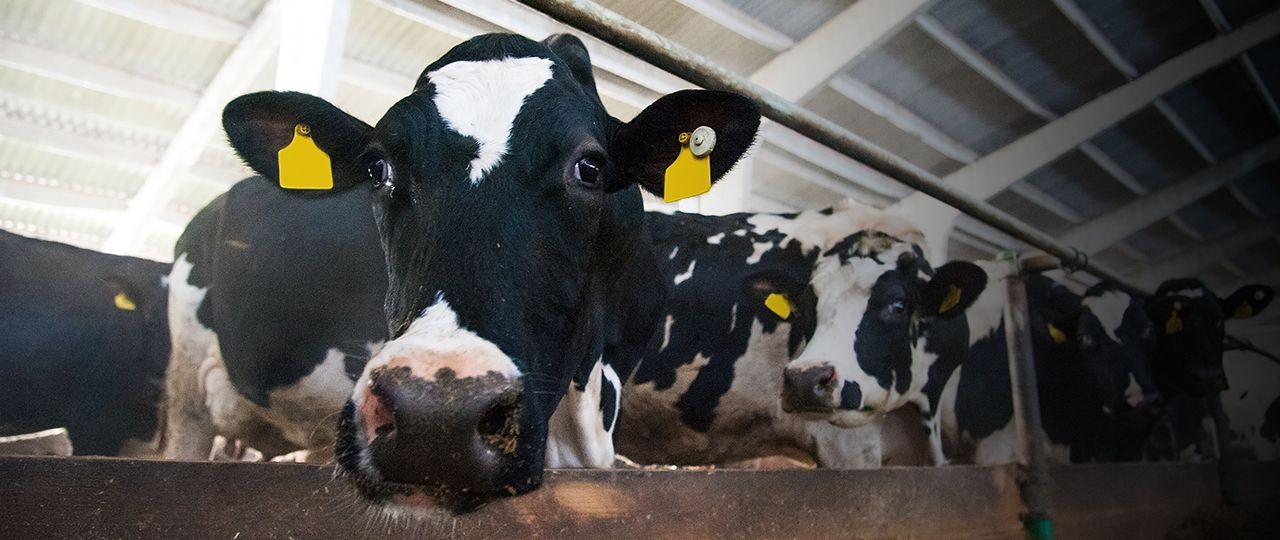
Jason Beedell
Director, Research


Director, Research
Click to download the full update as a PDF
Food and Drink Federation survey shows the UK’s reliance on EU and non-EU workers
The survey warned that over a third of its members' businesses (36%) would become unviable without access to EU labour. Around 34% of the permanent workforce of survey respondents across the food chain were EU workers while 6% were non-EU workers. These figures are based on information from 98 firms operating in the food chain. For agriculture, the proportion can be higher. The British Poultry Council estimates that 60% of the workforce in the poultry meat sector are non-UK nationals. For dairying, a survey by the Royal Association of British Dairy Farmers in 2016 showed that 56% of dairy farms employed labour from outside the UK during the previous five years. This detailed report makes a number of recommendations to support the food chain, which include legislating to secure the rights of EEA nationals currently in the UK and building an attractive and effective migration system.
Scotland launches Pollinator Strategy
The 10-point plan includes pollinator-friendly pest control, as well as the management, restoration and creation of flower-rich habitats. It has been widely welcomed by environment bodies but they have cautioned, rightly, that it needs to be properly financed and supported, including with information for land managers.
Go Vegan World, an Irish campaigning group, can call milk production ‘inhumane’
The Advertising Standards Authority accepted the group’s claim that it was cruel to separate calves from their mothers very soon after birth. The RSPCA has said that it is wrong to say that all dairy farming is inhumane and that it did not have any evidence to attribute human emotions to cows. Last month the ASA banned an advert for organic milk, as saying that it was ‘good for the land’ was misleading.
How to reward for the absorption of carbon dioxide by forests and agricultural land?
Policy makers are discussing how to reward landowners (and countries) where CO2 absorption exceeds emissions, in line with a number of long-term objectives including the UN Paris climate deal. To do this, a set of rules needs to be agreed on how emissions and absorption will be measured, and the European Commission will publish proposals later this year. This could be a significant opportunity for the land sector and we will keep you informed of developments.
Major cases explore relationship between plans and national policies
The Court of Appeal has stated, in East Staffordshire Borough Council v Barwood Strategic Land II LLP, that the presumption in favour of sustainable development (paragraph 14 of the National Planning Policy Framework) is not a standalone concept that can outweigh the policies of an up-to-date development plan or an agreed five-year housing land supply – it is just one of the factors that should be taken into account. In Suffolk Coastal District Council v Hopkins Homes Ltd and Richborough Estates Partnership LLP v Cheshire East Borough Council, the Supreme Court stated where a local planning authority cannot demonstrate a five-year supply of deliverable housing land, the impact of other policies, including Green Belt policy, must be fully considered in the planning balancing exercise, and potentially given less weight than is the case now. The cases show that different elements of the planning system (most notably national policies and local plans) will carry different weights in the planning balancing exercise, depending on the local housing supply and whether they are up-to-date. For further details and to discuss the implications, please contact Derek Stebbing.
Just under 165,000 houses were started to be built in the year to June 2017, 13% up on the year before and the highest total since 2008. The number of houses actually completed rose by 11% too. These are positive signs but building is still well below the 250,000 that are needed to meet demand. The Adam Smith Foundation and Shelter have said that a significant change is needed to boost building. They have suggested that changing the Land Compensation Act 1961 so that local authorities can buy land at existing use value, rather than an increased value due to planning permissions, could generate around £20bn pa for local authorities to spend on house building. Both the Conservatives and Labour have become more interested in this type of approach than in the past as they struggle to boost house building without major public sector cost.
Business rates increases will be linked to CPI-inflation from 2020 onwards
This is good news as CPI inflation is lower than the currently-used RPI, and estimates suggest it could reduce the overall business rates bill by around £1bn a year. However, it will also hit local authority incomes as they now receive any business rates collected. So swings and roundabouts!
Wales: Concern about extension to open access for organised games and camping
A consultation document, Taking Forward Wales' Sustainable Management of Natural Resources, includes a proposal to allow organised games, camping, hang-gliding and para-gliding on all access land. NFU Cymru has said that the proposals could affect wildlife and habitats, as well as tourism businesses that charge for camping. The document also proposes allowing cycling and horse riding on footpaths.
The need for appropriate housing for retirement and later life
Platinum Generation, the most recently launched research report in S&P’s Housing Futures programme, highlights the need for appropriate housing that provides security, accessibility, community and care for individuals as they move into retirement and later life. By presenting better options, through encouraging multi-generational communities and amenity-rich neighbourhoods, it should also be possible to reduce under-occupation. To create attractive Platinum Places, landowners, developers, operators and government will need to work together to ensure availability of land, mixed tenure and delivery of amenities and services. Please contact Vanessa Hale for a copy.
Labour pledges to ‘rural-proof’ policies
Rural proofing means that the effect of a policy on rural communities has been assessed. Jeremy Corbyn made the pledge in Scotland and we think it applies to all policies throughout the UK.